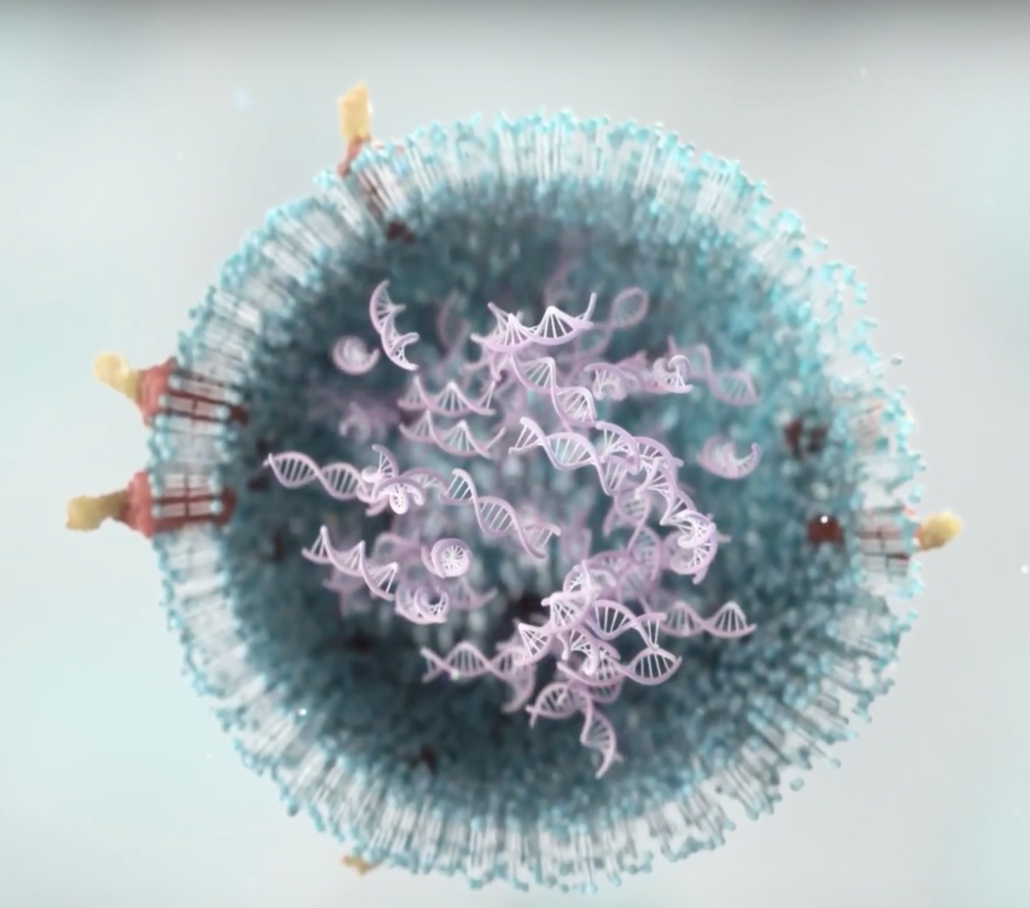MDimune to collaborate with Hanyang University on projects selected through the 3rd BioDrone Award
MDimune, a Korean biotech company developing BioDrone platform technology based on cell-derived vesicles (CDVs), has received funding for two research projects focusing on next-generation drug delivery and novel therapeutics. The projects were selected through the 3rd BioDrone Award held in October 2022. For these projects, MDimune signed an MoU with Hanyang University to collaborate with the research teams of Doory Kim, Ph.D. (Super-resolution Spectroscopic Microscopy Lab) and Hee Ho Park, Ph.D. (Cell and Nanotherapy Engineering lab).
In 2020, MDimune launched a call for research proposals – the BioDrone Award – to stimulate innovative research to develop and advance next-generation drug delivery platform technology. This yearly award is open to scientists in all career stages who are affiliated with a research-based institution, not limited to researchers in Korea.
“We are very excited to announce the 3rd BioDrone Award recipients. This year again, we received numerous proposals with innovative technologies and excellent ideas, and we truly appreciate all the participants. For selection, we focused on the capacity of the projects which can improve the application of cargo-loading, targeting, and extrusion-based novel technology. In the past, we have successfully collaborated with talented researchers identified through the Award and we expect that our new research collaboration with Hanyang University research teams will be also productive and fruitful to advance our BioDrone Platform technology,” said Shin-Gyu Bae, the Chief Executive Officer of MDimune.
“With the expertise of Dr Kim, we expect to have a better understanding of the intracellular mechanism of CDV as a drug delivery platform, and it will help us to engineer CDV to improve or modulate its capacity. Dr Park’s project will strengthen our cancer therapeutics programme,” added Seung-Wook Oh, the Chief Scientific Officer of MDimune.
The company has been dedicated to developing a novel drug delivery platform using CDV, a type of extracellular vesicle (EV) generated by a proprietary extrusion method. Due to its molecular characteristics and potency with higher production yield compared to native exosomes, the CDV has promising potential as a drug delivery platform with minimized adverse effects and maximized efficacy. The company is expecting to enter the clinical stage during the last quarter of 2023.
-
- Watch video about the BioDrone platform and cell-derived vesicles
Manufacturing cell-derived vesicles
In another development, MDimune recently announced the publication of data in the Journal of Extracellular Biology showing the development of the Good Manufacturing Practice (GMP)-compliant manufacturing process of CDVs and their biological activities.
CDVs are nanosized vesicles, similar to extracellular vesicles (EVs), produced from diverse human cells by using a proprietary extrusion method. In the publication entitled “GMP-compliant manufacturing of biologically active cell-derived vesicles produced by extrusion technology,” the company showed that its extrusion method can produce nanovesicles with highly similar physical, biochemical, and functional properties to EVs, but at 10-100 times higher yield than natural EVs. This demonstrates its distinct advantage in producing nanovesicles at scale.
The current work not only escalated the scale of the extrusion process but also proved that CDVs can be manufactured in a GMP-compliant environment. By using umbilical cord mesenchymal stem cells (UCMSCs), more than ten thousand nanovesicles can be obtained per single cell, which far exceeds the productivity of naturally secreted EVs. Moreover, UCMSC-derived CDVs exhibited strong immunomodulatory potentials, such as inhibition of T-cell proliferation and elevated activity of CD73 which is known for its anti-inflammatory effect, indicating that UCMSC-CDVs can be used to treat many inflammatory diseases.


